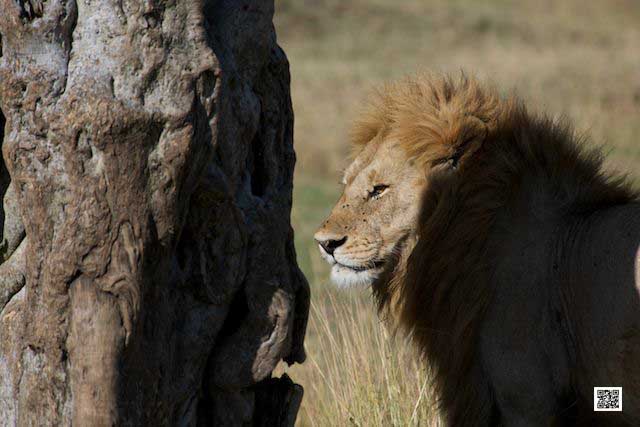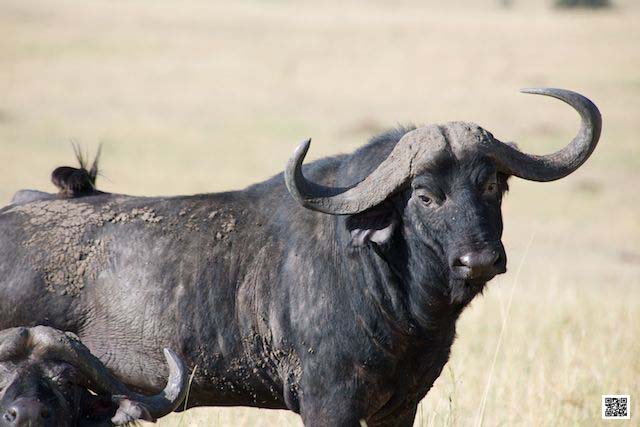success
Photography and the Money
25/01/13 07:58 Filed in: Photography & Art

Collectors are usually careful or even skeptical with regards to fine art photography. A photograph might be reprinted in the future and the investment would be lost. But confidence is growing and experts think that the modern and contemporary photography art market will grow. Within the last year, new heights in fine art photography auctions were achieved and high prices were paid.
What does that mean? With photography now being an everyday part of life for billions of people around the globe its fine art is also more recognized and valuable for collectors. And photography itself has become big business through the cell phone market and camera equipment and it will be even bigger in the future. Photography is the future and that reflects in the art market as well with rising prices for fine art photography.
But how will photographers benefit from that? This is hard to say. Maybe a comparison from hospitality business can shed a bit light on that. Imagine you have a bar in a street where no other bar is. You think that’s great, because there is no competition, but that means also that the customers need to come especially to this street to visit your bar. How many people will do that? Some, but not many. Imagine you have a bar in a street where many other bars are. You might think that’s tough, because there is lots of competition, but it is the opposite. People know that there are many bars in the street and they have a choice, they can move around between bars the whole night if they want and that makes them come to this street. And where many customers are there is a chance that they will visit your bar too. The same works in photography. Many photographers make lots of photography and lots of photography makes lots of people interested in photography and the chances that people love your photography is higher than in times that only few people were doing photography.
Confused? Don’t think too much about it, just enjoy photography and follow your passion. The rest will come.
Ute Sonnenberg for www.rohoyachui.com
What is Success in Photography?
23/01/13 08:06 Filed in: Photography & Art

“As a self-taught filmmaker who spent the last year trying to get his first real project up and running , I've come across my fair share of disappointments, near misses, and financially tight times. As with any startup or personal project, finances are scarce and it's often your passion for the project and support from family and friends that carries it through. For all entrepreneurs (especially those on the artistic side, like me), creating something of your own isn't about making money--it's about being successful in the way that you personally define it.” (from article by Kerrin Sheldon)
Kerrin Sheldon’s definition of success is doing something that you love. In his case its filmmaking and it applies just as well to many photographers. Some are self-taught photographers, others did several photography courses or studied photography, yet it’s the passion and love for photography that connects them. They succeed in doing what they love to do and that makes them happy.
And isn’t happiness what we are looking for in life? Well, maybe a new camera or two contributes to happiness too, but the love and passion are the real fun.
Happy snapping!
Ute Sonnenberg for www.rohoyachui.com
Take an External Perspective for Better Insight
17/01/13 08:23 Filed in: Insights & Opinion

When you visit a museum, where do you stand to look at a painting? Do you stand right in front of the wall, your nose almost touching it or do you stand looking from a distance? Well, if you want to see exactly every brush stroke, you got to come close, but when you want to see the entire masterpiece, you got to watch from a distance.
Talking about an accident is easier when you were witnessing it rather than being involved yourself. You might become emotional while talking when you are one of the victims.
These are two everyday life examples, that having a distance allows a better view on things in their complexity. One can “walk” around a problem or case and see all its aspects from different angles, which result in deeper insights. Innovative leaders will practice that method and photographers do that as well, constantly.
Pretty much every camera has a zoom and if not in the camera, the photographer has most likely a zoom lens. And what are they doing? Zooming in and out constantly to capture the subject the way they experience it, some more closely, others more from a distance. A photographer has always an external perspective and that makes it possible that they can photograph scenes one can hardly look at. Like being a victim of an accident or witnessing an accident, being a witness gives the distance and the insights.
Ute Sonnenberg for www.rohoyachui.com